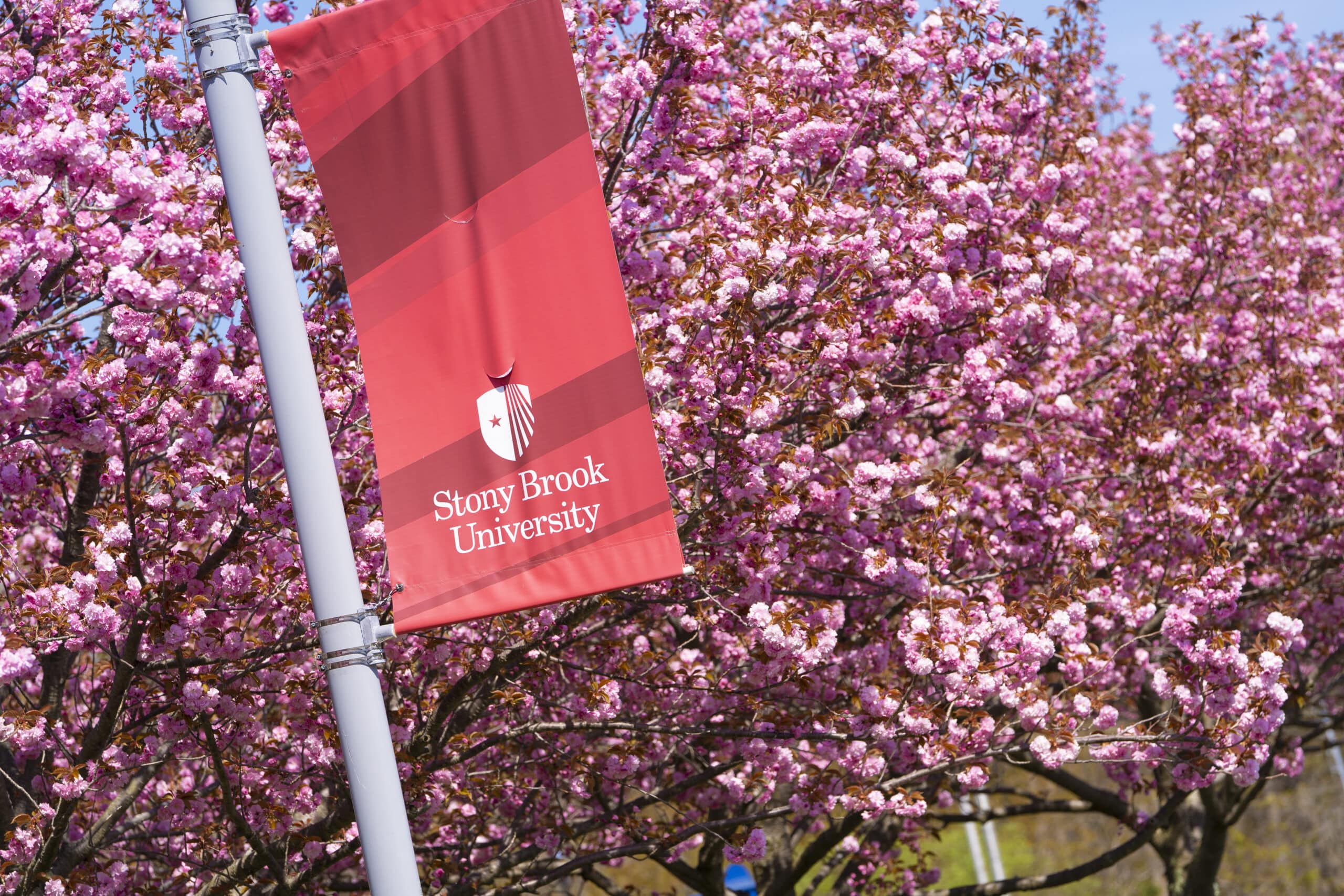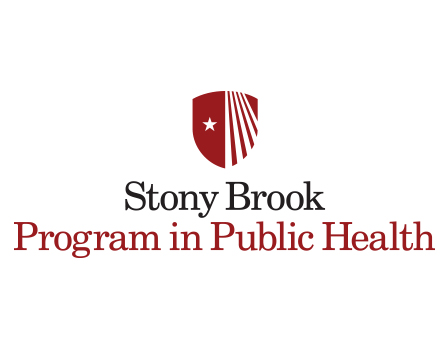The renowned philosopher Aristotle once stated, “Politics is the art of living together.” Embracing this sentiment, the Department of Political Science at Stony Brook University delves into the very essence of politics, actively contributing to advancing knowledge and fostering a deeper understanding of political institutions and the citizenry, both within academia and the public sphere.
Whether you’re passionate about political science and psychology, aspiring for a career shift into electoral campaigns, public relations, media, or non-profit organisations, or aiming for a PhD, Stony Brook’s Department of Political Science offers opportunities to realise your goals. Ranked 28th nationally in political science by US News & World Report and housed within Stony Brook University (ranked 58th in the country), this department stands out for its commitment to academic excellence and practical experience embedded in its programmes.
One such programme is the Master of Arts in Political Science (MAPS). This programme allows students to earn a valuable master’s degree in just one year. It covers the intersection of politics and psychology, exploring how human thought processes, and emotions influence political actions and decision-making. You will gain advanced insights into topics like the drivers of political polarisation, understand how moral values shape political landscapes, and explore the nuanced differences in political opinions between different ideologies, such as liberals and conservatives.

The MAPS programme can be completed in one calendar year of full-time study. Source: Stony Brook University
Central to the programme’s success is its faculty, comprising internationally recognised scholars with expertise in political psychology. Led by luminaries such as Professor Leonie Huddy and Professor Gallya Lahav, whose contributions have garnered acclaim within the academic community, faculty members here are actively shaping the discourse in political psychology. Under the guidance of Professor Andrew Delton, the programme director and a prominent figure in political psychology, you can benefit from a wealth of knowledge as you learn to understand quantitative data and how to use cutting-edge statistics programmes to analyse data for yourself.
The best part? You can complete this full-time programme in just one year, with classes held twice weekly, totalling 30 credits. This ensures you’ll have a rigorous experience and a swift transition to the next phase of your career.
Recognising students’ diverse interests and career aspirations, the programme offers two distinct tracks. Whether you aim to pursue further study or enter the workforce immediately, you can tailor your curriculum accordingly. “If they want to apply for a PhD programme, students complete a thesis under the supervision of a faculty member,” Professor Delton says. “If they want to move on to jobs in campaigns, polling firms, governments, and related fields, students complete an internship that matches their interests.”
Many MAPS alumni have secured key roles in the offices of the US Department of State, Westminster Foundation for Democracy, WPA Intelligence and more. Meanwhile, others successfully transitioned to PhD programmes at Columbia University, the University of Maryland, the University of Pittsburgh, and Stony Brook University.

The Department of Political Science prepares students for careers in government, academia, and the private sector. Source: Stony Brook University
Those passionate about policy development, environmental politics and planning, administrative law, and health policy can opt for the Master of Arts in Public Policy (MAPP) programme. You’ll be equipped with a deep understanding of American government systems, from national institutions to local municipalities. You’ll also analyse the impact of existing and proposed policies on households, businesses, and communities, gaining the critical thinking skills to assess their effectiveness.
The programme’s strength lies in its faculty — seasoned professionals with extensive experience in budgeting, finance, and policy development. This, fused with elective options, allows you to tailor your learning to your interests. What’s more, the MAPP programme offers new environmental and health policy courses, ensuring you’re equipped to address these issues with informed solutions.
Like the MAPS programme, MAPP students will have two capstone experience options: a relevant internship or a master’s thesis. Both have proven to be good preparation for careers in public policy or related fields, according to Peter Salins, Public Policy Professor and former Programme Director. “The vast majority of MAPP students are currently employed in well-paying jobs,” he says. “They hold government positions at local, state, national and international agencies and various private and non-profit sector organisations.”
Whichever programme you choose, you’ll benefit from affordable tuition fees. As a state university, Stony Brook’s MAPS and MAPP programmes prioritise affordability and accessibility. With reasonable tuition fees, particularly advantageous for in-state students, the programmes ensure that financial constraints do not hinder academic pursuits. Even out-of-state and international students find the programme’s costs significantly lower than alternatives, placing quality education within reach.
Named the flagship institution for New York in 2022, Stony Brook University empowers students to become informed citizens, critical thinkers, and future leaders. With its well-designed programmes, experienced faculty, and commitment to practical application in the Department of Political Science, you’ll become just that and more.
Apply by April 15 to enrol in these programmes.
Follow Stony Brook University on Facebook, X, Instagram, and YouTube













